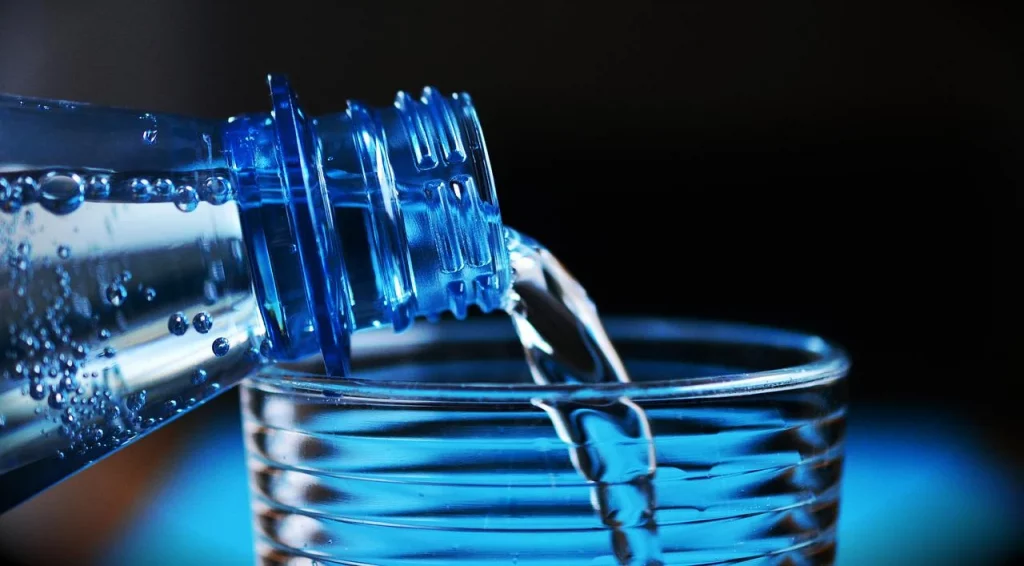Depending on a child’s age and activity level, it is recommended that he or she consumes between 7 and 14 cups of water per day. Many children do not drink nearly enough, whether this is due to replacing water with sugary drinks or drinking too little altogether. If you’re concerned about your child’s water consumption and you’d like to ensure that he or she drinks more water throughout the day, here are a couple of things you can do.
Be a Good Example
Drink more water yourself. Even as an adult, you’re likely not drinking as much water as you should. If you make efforts to drink more water and your children see you doing so, you’re setting a good example for them and they’re likely to follow your lead.
Shake It Up
Often, children avoid drinking water because it’s “boring” in terms of color, texture, and taste. To encourage children to drink more water, let them make their water more interesting with:
- natural flavoring (you can add slices of orange, lemon, lime, cucumber, etc.)
- interesting ice cube shapes
- Carbonation (if they like fizzy water)
- Portable water bottles of their choosing
- Curly straws
Make Water the Go-To Option
Sometimes, children reach for soda or juice because the option is available. However, if you make a few storage changes that have water front-and-center in the fridge, your children are more likely to drink it. Put soda and juice away and explain to your children that sugary drinks are okay on occasion, but they need to drink water primarily.
For example, you might set a new rule that allows them to drink one soda at dinnertime as long as they drank water throughout the day.
Be Informative
Small children are probably not going to understand what dehydration is or how to remedy it. However, if your children are school-aged, it’s a good idea to briefly explain dehydration and cover the signs that indicate they aren’t drinking enough water. Mention that chapped lips, dry mouth, headaches, and fatigue are all signs an individual is not drinking enough water.
You might also want to discuss the importance of water and what it does for the body. However, try to explain your points in a way that young children will understand. Keeping it simple is key.
Getting your children to drink more water may seem difficult at first, but be persistent until they have developed a healthy new habit.
SOURCES
https://kidshealth.org/en/kids/water.html
https://www.absopure.com/blog/5-ways-to-encourage-kids-to-drink-more-water/
https://www.verywellfamily.com/get-kids-to-drink-more-water-1257002







